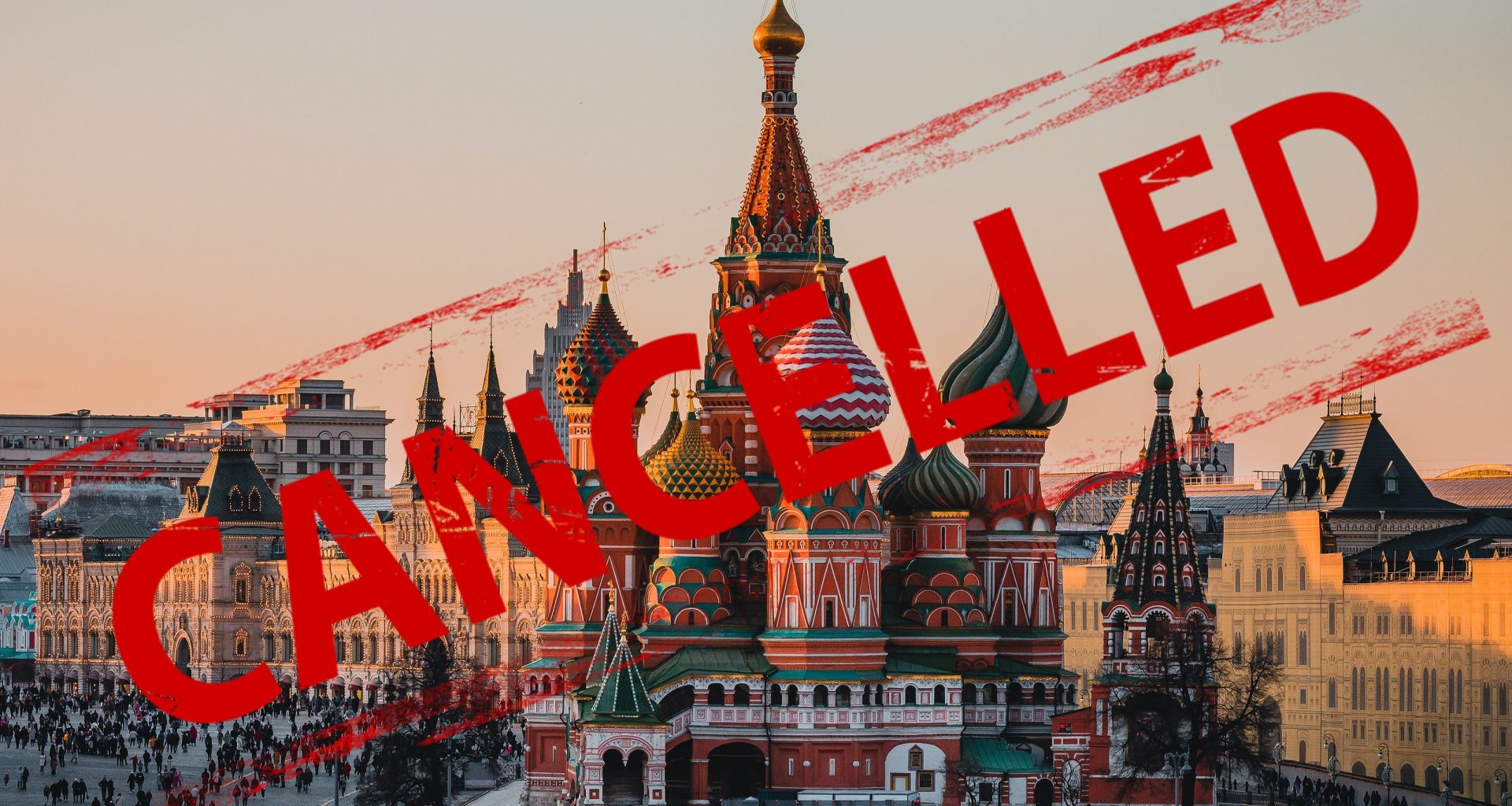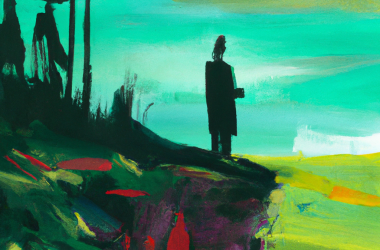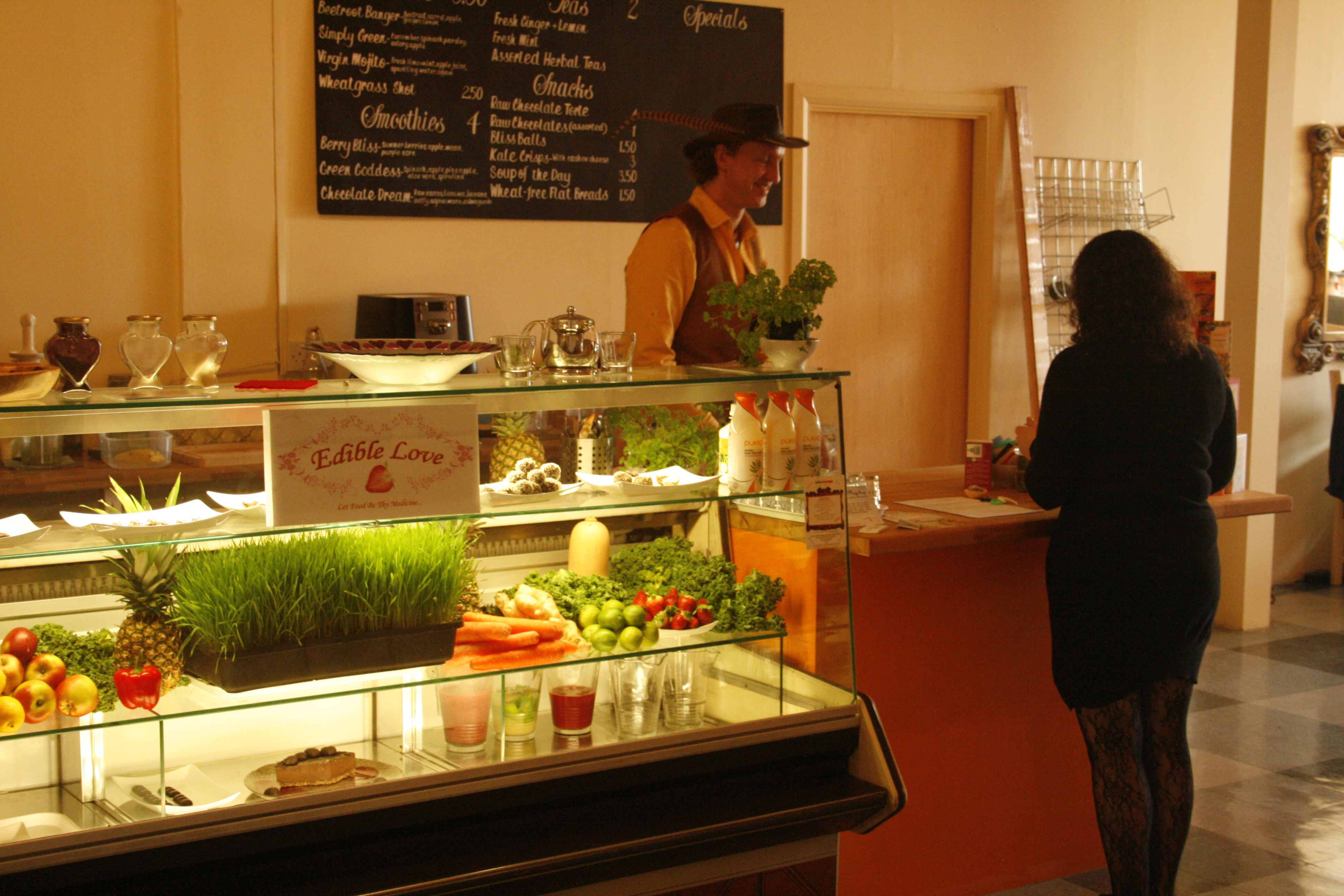“Expel Russian citizens, all of them”, proposed Tom Tugendhat initiating the Russophobic prejudice that has swept the country in recent months. Appearing on talkRADIO his colleague MP Roger Gale echoed a similar sentiment despite acknowledging that “good and honest and decent Russians in this country” would be the ones to suffer.
Russophobia has been present within Europe since before the Cold War, the word ‘jingoism’ first appearing in an anti-Russian tune popular amongst Victorian British music halls following the Russo-Turkic war of the 1870’s. However, over the last few months, we have witnessed a dramatic rise in the discrimination not just against Russians living in Britain, but also Russian culture in general. Sainsbury’s renaming their breadcrumb-covered Chicken product from the Russian spelling of Kiev to Kyiv, and the Cardiff Philharmonic Orchestra pulling Tchaikovsky’s compositions from their repertoire were just the tip of the iceberg in this ridiculously performative solidarity activism.
More worrying is when the xenophobia becomes institutionalised, like St Wilfrid’s CE Primary School in Warrington cancelling Russian language, history, and dance lessons they had offered pupils.
Just last week news broke out that higher education institutions in the country are rejecting students on the basis of nationality. An aspiring Russian student, who had applied for a master’s degree in luxury hospitality management at the University of West London, was shocked to receive a response which stated they were unable to process her application “in response to recent events and the situation in Ukraine”.
Elena Ledneva, who had moved to the UK in May of last year with her husband and newborn, told the Breaker, “When the war first started, we were hearing of some cases, but none of my friends nor me had faced any discrimination before this”
Ledneva was confounded by the UWL’s actions, especially as the institution had issued a statement a few months prior expressing support to “those within Russia courageously opposing the conflict”, and stated, “In the face of such adversity, UWL affirms its commitment to the values and freedoms that are central to our way of life and our institution: community, tolerance, cooperation, freedom of academic enquiry and expression”.

Ledneva sent a screenshot of the reply to some friends that work in the University of London, who published it on Twitter. The post went viral, garnering around 2 million views in one day. After the significant public backlash, UWL rescinded their original stance, claiming the email was sent in error. However, looking into the matter further revealed that 2 other applicants had also received the same rejection email.
Michael Curzon, journalist at the Daily Express, who first broke the story commented: “This is the latest example from what I see as sort of Russophobic backlash. Since the war in Ukraine, I think in Britain, there’s always been a sense that Russian people aren’t quite us. They’re all Putin, I think, is essentially how it’s viewed.”
Having written on previously mention examples of Russophobia, Curzon talked of his desire to draw attention to Ledneva’s case, as this subject doesn’t get much attention from mainstream media.
“I thought it was an injustice. It’s just a nonsensical thing to do, obviously hideous as well, just stupid. And this is an academic institution. I wanted to write about it all the more when I found out that the university’s policy said that we won’t discriminate against people based on their backgrounds. I thought, well, that’s as rich considering what’s happened.”
“I think it I think the story points to a wider trend, which [shows Russophobia] is increasing. I’ve got some of the comments here from the piece. There was certainly plenty of people saying,
‘Russians are undesirable and unwanted. They’re not welcome until they pull out of Ukraine.’
That comment goes to the nub of it. I think Russian people are always tied into the actions of the state. Elena was telling me that she looks in horror at what’s happening in Ukraine, as most people do. Yet for some reason we have this impression that all Russian people think it’s absolutely wonderful.”
When asked whether she still wishes to pursue the masters course she was hoping to, Mrs Ledneva said, “Day to day my mind is changing. Because on one hand, I don’t want to go where I’m not welcomed, but on the other hand, I know that the professors for example, they have no relation to [this situation], and maybe it could be a nice opportunity for me to finally get what I wanted in the first place.”
Boris Johnson, alongside most other European leaders, was quick to impose sanctions on Russian people, with the intention to isolate Putin and his consort, and to provoke internal pressure on the president to withdraw military action. However, records prove that these measures hardly affect the state at this point, and the new impositions serve only to punish the underprivileged citizens, whilst the rich remain unaffected. In fact, these measures only further the Russian position that the west demonizes the Russian nation unfairly.
Truth is the first casualty of war, as the saying goes, and the truth that has been maimed here is that most ordinary people in these countries have no interest in involvement in war. Denouncing acts of aggression such as these is morally right, but a lynch mob mentality against a fabricated ‘enemy within’ should not be allowed to persevere.








